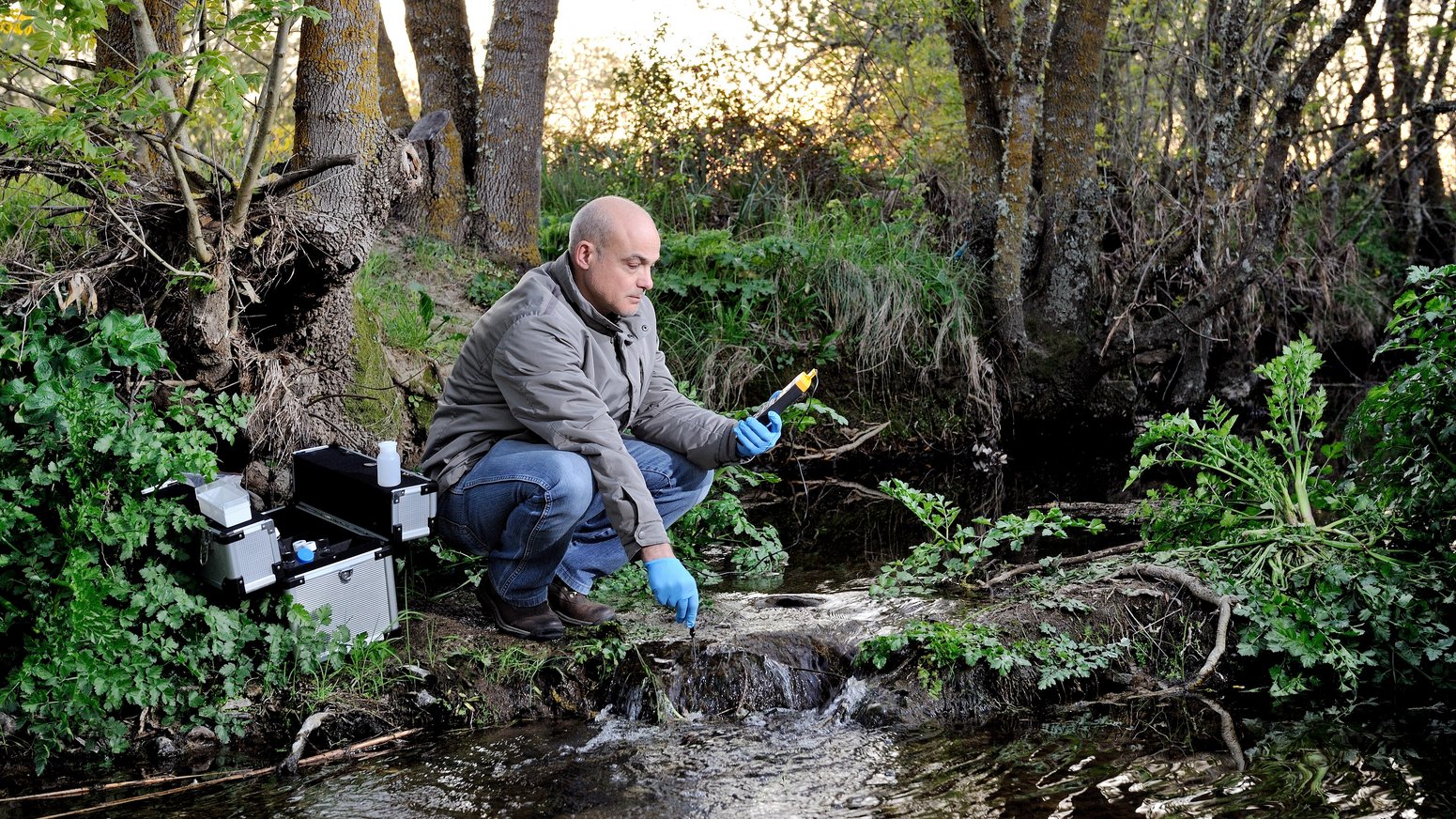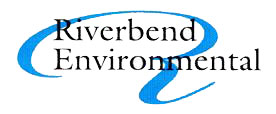
Sewer Spill Long-Term Monitoring
Expert Support for Municipal Wastewater Treatment Facilities
At Riverbend Environmental, Inc., we specialize in providing comprehensive long-term stream monitoring services for municipal wastewater treatment facilities experiencing major sewer spills. Our services are designed to ensure compliance with the requirements set by the Georgia Environmental Protection Division (EPD) and to alleviate the burden on facility staff.
Navigating the Aftermath of a Major Sewer Spill
A major sewer spill typically refers to a significant release of untreated or partially treated wastewater from a sewer system, often due to system malfunctions or overflows. Major Spill Means:
- The discharge of pollutants into the waters of the State by a POTW that exceeds the weekly average permitted effluent limit for biochemical oxygen demand (5-day) or total suspended solids by 50 percent or greater for any one day, provided that the effluent discharge concentration is equal to or greater than 25 mg/L for biochemical oxygen demand or total suspended solids.
- Any discharge of raw sewage that (1) is in excess of 10,000 gallons or (2) results in water quality violations in the waters of the State.
Our Long-Term Monitoring Services Include:
Establishing a Monitoring Program: We promptly set up a monitoring program in line with EPD guidelines, including selecting appropriate upstream and downstream sampling points to assess the spill’s impact.
Comprehensive Parameter Testing: Our monitoring includes key parameters such as Dissolved Oxygen, Bacteria, pH, Temperature, and other parameters as required by the EPD.
Regular Sampling and Reporting: We manage the monitoring and reporting frequency as determined by the EPD, ensuring all data is accurately collected and reported within the stipulated timelines.
Coordination with Laboratories: Water samples can be delivered to the permittee’s own laboratory or a commercial laboratory of their choosing, as per their preference.
Communication with Downstream Agencies: We ensure that all downstream public agencies using the affected waters as a source of public water supply are kept informed with the results of the monitoring.
Frequently Asked Questions
If you have additional questions reach out and a team member will get in touch with you.
A major sewer spill typically refers to a significant release of untreated or partially treated wastewater from a sewer system, often due to system malfunctions or overflows. The specific criteria can vary based on local regulations.
It is a requirement of the law through the Georgia Water Quality Rules. Long-term monitoring is essential to assess the environmental impact of the spill on the receiving waters, track the recovery of the ecosystem, and ensure that the water quality returns to safe levels.
Standard parameters include Dissolved Oxygen, Fecal Coliform Bacteria, pH, and Temperature. The Georgia Environmental Protection Division (EPD) may also require monitoring of additional parameters based on the specific circumstances of the spill.
The monitoring period is typically required for at least one year after the spill, but this duration can vary based on the severity of the spill and the directives of the EPD.
Water samples can be analyzed at the permittee’s own laboratory or a commercial laboratory of their choosing. Riverbend Environmental, Inc. ensures that samples are properly handled and delivered for accurate analysis.

